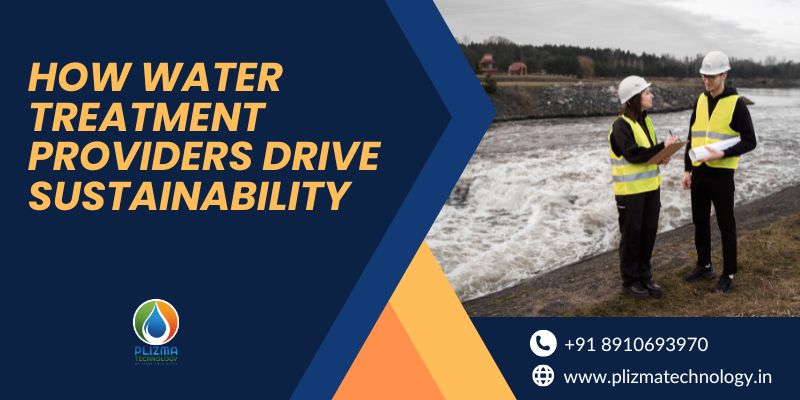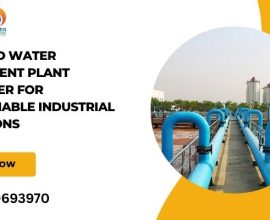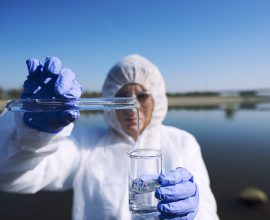
Can modern industries thrive without clean water? Probably not. Yet, with rapid urbanization, freshwater sources are under pressure like never before. That’s why the role of a water treatment plant supplier in kolkata isn’t just about delivering equipment—it’s about safeguarding communities, ecosystems, and future generations.
Water: A Resource Under Stress
According to the United Nations, global freshwater demand is projected to increase by 30% by 2050 (UN Water). Meanwhile, pollution levels in rivers, lakes, and groundwater have surged due to unchecked industrial and municipal waste. Without intervention, this could lead to both ecological collapse and health crises.
The Role of Water Treatment in Sustainable Development
Sustainability isn’t just a buzzword—it’s a lifeline. A professional water treatment plant provider ensures that wastewater is cleaned, recycled, and safely discharged, reducing pressure on natural water bodies. By doing so, they contribute to multiple UN Sustainable Development Goals (SDGs), including clean water, health, sustainable cities, and responsible consumption.
Key Contributions of Water Treatment Providers
- Pollution Control: Preventing toxic effluents from harming aquatic life.
- Resource Recovery: Recycling treated water for irrigation or industrial reuse.
- Energy Efficiency: Using advanced membranes and aeration systems that lower carbon footprints.
Beyond Compliance: Why Quality Providers Matter
While regulations make wastewater treatment mandatory, not all solutions are equal. The difference between a generic setup and one designed by experts can be measured in terms of performance, longevity, and environmental impact. For instance, industries that invest in advanced treatment see reduced maintenance costs and greater efficiency in recycling water.
What to Look For in a Reliable Provider
- Proven Expertise: Providers with a portfolio across sectors like textiles, food processing, and pharmaceuticals.
- Technology Adaptability: Ability to customize plants based on waste volume and quality.
- End-to-End Service: From design and installation to training and after-sales support.
Industry Case Example: The Textile Sector
The textile industry is infamous for water-intensive processes. A recent discussion on Protect Water Bodies: The Necessity of Effluent Treatment in Textile Mills highlighted how untreated effluents damage rivers and soil quality. A capable water treatment partner ensures dyes, chemicals, and microfibers don’t reach ecosystems—transforming an environmental liability into a step toward sustainability.
Why This Matters for Businesses Too
Sustainable water management isn’t just an environmental duty—it’s good business. Customers increasingly favor eco-conscious brands, while governments reward compliance with smoother approvals and fewer penalties. In fact, the World Bank has noted that industries adopting water-efficient systems often report higher profitability in the long term (World Bank).
FAQs on Water Treatment Plant Providers
1. Why is a professional water treatment plant provider important?
Professional providers ensure compliance with environmental regulations while offering reliable, efficient, and sustainable treatment solutions.
2. Can treated water be reused?
Yes, depending on the treatment level, it can be reused for industrial processes, gardening, or even safely discharged into natural water bodies.
3. Are water treatment plants expensive to maintain?
Not necessarily. A well-designed system reduces long-term costs by minimizing downtime, energy use, and environmental penalties.
4. How do treatment plants support sustainability goals?
They reduce pollution, conserve water, and promote resource recovery, aligning with several UN Sustainable Development Goals.
Final Thoughts
At the end of the day, a water treatment plant is more than a compliance checkbox—it’s a bridge to a sustainable future. By choosing the right partner, industries and communities alike can secure clean water today while safeguarding it for tomorrow.
Full Audio Version:- Click Here



